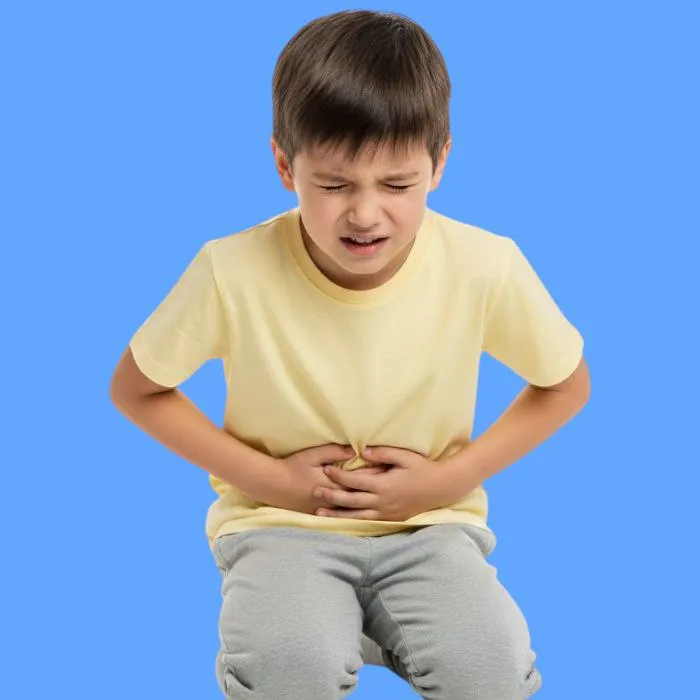What is gastroenteritis?
Gastroenteritis is an inflammation of the stomach and intestines, often caused by a viral or bacterial infection.
This illness causes diarrhea, vomiting, and dehydration, and requires prompt treatment to maintain fluid balance and prevent complications.
Causes of Gastroenteritis
Gastroenteritis can be caused by several factors, including:
- Viral infections such as norovirus or rotavirus.
- Bacterial infections such as Salmonella or E. coli.
- Consuming water or food contaminated with bacteria or viruses.
- Weakened immune system or malnutrition increases the risk of infection.
Symptoms of Gastroenteritis
Symptoms appear quickly after infection and include:
- Frequent watery diarrhea.
- Severe vomiting and nausea.
- Fever and general fatigue.
- Abdominal pain and cramps.
How is Gastroenteritis Diagnosed?
Diagnosis relies on a clinical examination and medical history, including:
- A doctor assesses the symptoms and their severity.
- Blood tests to detect signs of inflammation and dehydration.
- Stool analysis to identify the type of bacteria or virus causing the infection.
- Hydration and electrolyte level checks.
Treatment for Gastroenteritis

Treatment for gastroenteritis includes managing symptoms and replacing lost fluids, such as:
- Oral rehydration solutions to replace lost fluids and electrolytes.
- Anti-emetics and anti-diarrheal medications as prescribed by a doctor.
- Eating soft, easily digestible foods such as rice and bananas.
- Antibiotics only in confirmed cases of bacterial infection.
When to See a Doctor?
You should see a doctor immediately if you experience signs of dehydration such as decreased urination, dry mouth, dizziness, or if diarrhea and vomiting persist for an extended period to avoid serious complications.
Tips for Preventing the Illness
You can reduce your risk of contracting the illness by following simple hygiene practices, including:
- Washing your hands thoroughly before eating and after using the toilet.
- Drinking clean, purified water.
- Avoiding undercooked or spoiled food.
- Maintaining good personal and environmental hygiene.
Frequently Asked Questions
Is gastroenteritis contagious?
Yes, it is often transmitted through contaminated water or food, or direct contact with an infected person.
Can gastroenteritis be treated at home?
In mild cases, treatment can be done with fluids and rest, but severe cases require medical attention.
How long does gastroenteritis usually last?
It usually lasts from two to seven days, depending on the cause and severity of the infection.
Article Summary
Gastroenteritis is a common illness that causes diarrhea, vomiting, and dehydration. It can be prevented by following good hygiene practices and maintaining a healthy diet. Early diagnosis and prompt fluid replacement ensure recovery without serious complications.